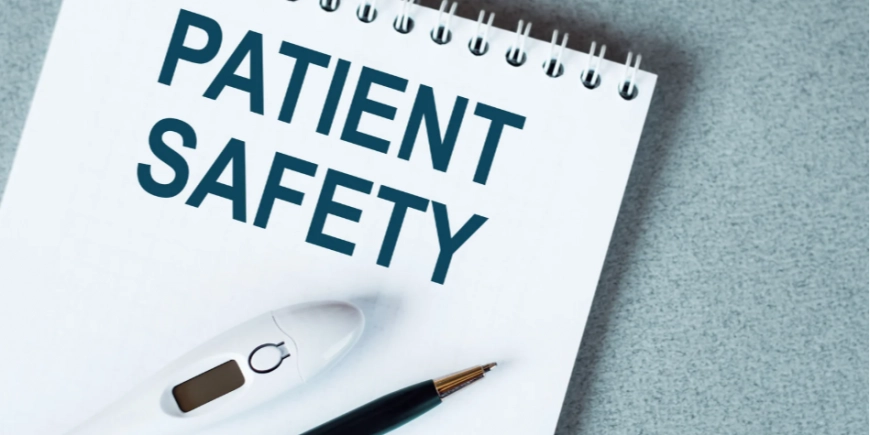The Big Beautiful Bill and You: What It Means for Your Safety in the Hospital

Whether you’re cheering its passage or not, the Big Beautiful Bill (BBB) has sent shockwaves through the healthcare world. While its provisions don’t take effect until 2028, hospitals across the country are already making budget-driven changes, and many of those changes will directly impact patient safety.
Why Hospitals Are Tightening Their Belts
The BBB brings significant Medicaid and budget adjustments. In response, hospital leadership and outside consultants are reviewing the financials to identify cost-cutting measures. Unfortunately, staffing, especially bedside nursing staff, is often the first area to be cut, along with education budgets, travel, and facility upgrades.
The Nursing Shortage: About to Get Worse
The nursing shortage isn’t new. It’s been building for decades due to an aging workforce, a lack of nursing educators, and increasing patient needs. There are two relatively recent historical events that changed many aspects of healthcare: The passage of the Affordable Care Act and Covid. The Affordable Care Act pulled nurses away from the bedside by introducing documentation mandates that require more time at a computer and less at the patient’s bedside. COVID-19 then drove many nurses away entirely through burnout, or they were fired for not obeying the COVID-19 vaccine mandate. While states, such as my home state of Kentucky, have attempted to boost the workforce with loan forgiveness, scholarships, improved training resources, and streamlined licensing, the shortage at this point is insurmountable.
In real terms, this means larger nurse-to-patient ratios:
- ICU nurses, traditionally caring for 1–2 patients, may now regularly care for 3. Especially on the night shift.
- Medical/Surgical nurses, once managing 4–5 patients, could soon be responsible for 6 or more.
Fewer nurses per patient means less time for care and attention to needs, slower responses to needs and emergencies, and a greater chance of errors. These issues are being experienced and seen by bedside nurses, patients, and families in real time, and the consequences are dire.
What You Can Do to Stay Safe
If you or a loved one are hospitalized at any point, you can take steps to protect yourself despite these changes:
- Create a hospital binder — Keep copies of your most updated medical power of attorney and/or living will, most recent imaging disks/reports, lab results, a current medication list, allergies, and emergency contact information in one easy-to-grab binder. If you end up hospitalized, your care team will have critical information at their fingertips, which will prevent significant miscommunications early on.
- Keep a written log — Record medication times, tests, and updates from staff so nothing gets missed or forgotten.
Know your care plan — Request clear explanations of treatments, tests, and next steps so you can spot inconsistencies. - Speak up early — Report changes in symptoms or concerns right away — in a busy environment, early communication can prevent complications.
- Bring a bedside advocate — A family member, friend, or professional patient advocate can track care, ask questions, and speak up if something seems off
The Bottom Line
Healthcare systems may see these cuts as “productivity boosts,” but for patients, the stakes are personal and potentially life-altering. While you can’t control the staffing decisions hospitals make, you can control how prepared and informed you are when you or your loved ones are in the hospital. The key is preparation BEFORE it happens…
Independent Patient Advocates exist to be that extra set of eyes, ears, and hands — ensuring important details aren’t missed and helping you navigate the system safely. In an era of tighter budgets and fewer staff, advocacy isn’t a luxury; it’s a safeguard.
Bio: Blaire Flamand RN, CCRN, CFRN, CHE; Lead Independent RN Patient Advocate, Founder of Compass Health Advocacy & Education. Blair has over 15 years of seasoned ICU nursing experience (in hospital, flight nurse, and ambulance transport nursing), successfully managing complex cases. To reach out to Blaire to learn more, email her at CompassHealthRN@outlook.com and visit her website at https://www.compasshealthadvocacy.com or via her page on Greater National Advocates.
